More about "Djanes" project
This is a media project of the Roma youth organization "ARCA". It includes news of the Roma community in Ukraine, interviews and life stories, interesting facts designed to break stereotypes.
Djanes
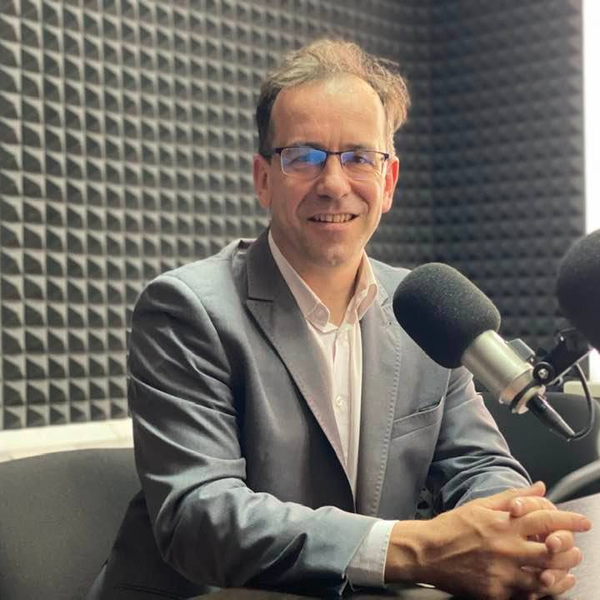
David Stulik, diplomat: «Regardless of which ethnic group a person belongs to if he or she is defend
The Czech Republic, as a member state of the European Union, has its own peculiarities and challenges in the field of ethnic relations. The country has faced a number of problems and challenges related to interethnic harmony, protection of minority rights, integration of foreigners, and mutual understanding between different ethnic groups. Svitlana Myalyk discussed the issues of Czech policy on national minorities with David Stulik, Czech diplomat, Commissioner for the Eastern Partnership of the Czech Ministry of Foreign Affairs, former spokesperson for the EU Delegation to Ukraine.

Romani Artist Natali Tomenko: “Art Provides a New Perspective on This Time”
Nataliia Tomenko is a researcher and expert in the cultural heritage of the Romani people. She is a human rights advocate, a leader of the Romani youth movement in Ukraine, and the deputy director of the Youth Agency for the Advocacy of Roma Culture “ARCA” in Ukraine. In addition to her human rights and administrative work, Natali is also engaged in visual arts. She is of Romani descent and operates within the discourse of Ukrainian civil society. In an interview with “Djanes”.
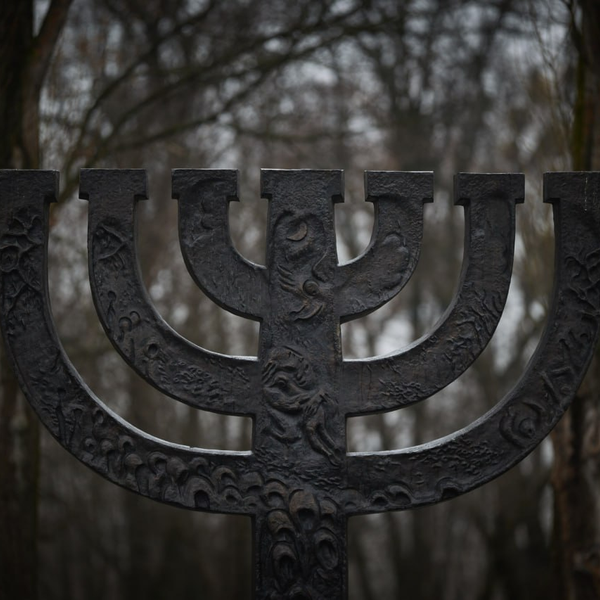
Roza Tapanova: «The task of our institutions is to work with senses»
Roza Tapanova, director of the Babyn Yar National Historical and Memorial Reserve, talks about the importance of preserving memory in times of war, working with state institutions and the younger generation of Ukrainians. She also talks about the importance of hearing the voices of Ukraine's national communities as one of the key factors in the drive to westernize Ukrainian society.
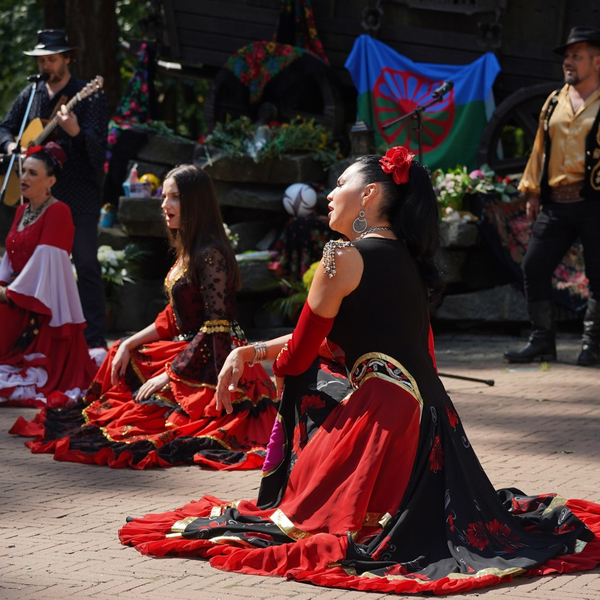
Чому ми боїмося ромів: коріння стереотипів та як з ними боротися
«Значить він – не справжній ром», – резюмувала моя співрозмовниця, коли я процитувала Володимира Яковенка, мого колегу і директора «АРКА» щодо способу життя спільноти, їхніх звичаїв, стосунків у сім'ї. Звідки такі висновки? Бо сказане Володимиром суперечило уявленням жінки про ромів. Та й сам пан Яковенко, на її думку, не відповідав класичному образу «цигана».
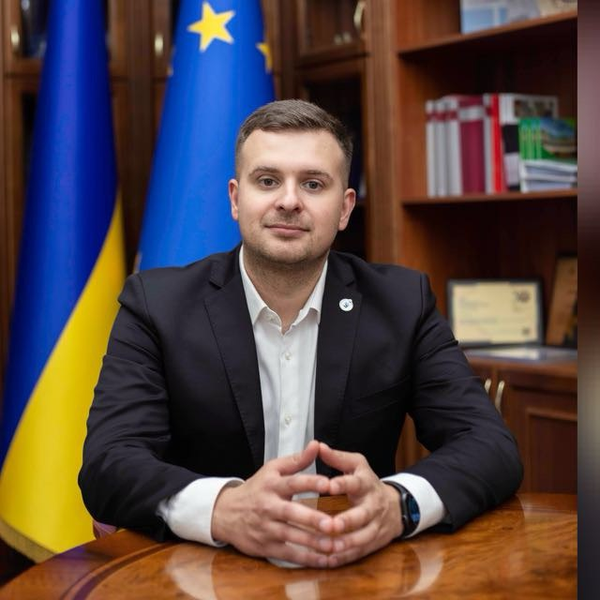
«The matter of non-supporting ethnic minorities should be ruled out altogether», – Oleksandr Osipov
Interview with Oleksandr Osipov, Representative of the Commissioner for Equal Rights and Freedoms, National Minorities, Political and Religious Views.

Як ромська мова з'явилась у Перекладачі. Або історія ромки, яка працює в Google
Віднедавна ромська мова з’явилася Google Translate разом з понад сотнею інших рідкісних мов. Ця новина неабияк потішила ромське ком’юніті. У компанії Google тоді зазначили, що підхід компанії полягає в тому, аби надавати пріоритет найбільш вживаним різновидам кожної мови. І що ромська мова має багато діалектів по всій Європі. І сьогодні (5 листопада) у Міжнародний день ромської мови ділимося історією людини, яка працювала над розробкою сервісу.

The Melody of Mother Tongue: How Romani children get to know themselves through words
How many stereotypes about Romanis do you know and what kind of stereotypes are these? What about culture and traditions? Today, we are going to get you acquainted with a person who, through her work, proves the absurdity of bias and opens the world of Romani language to the attention of society.
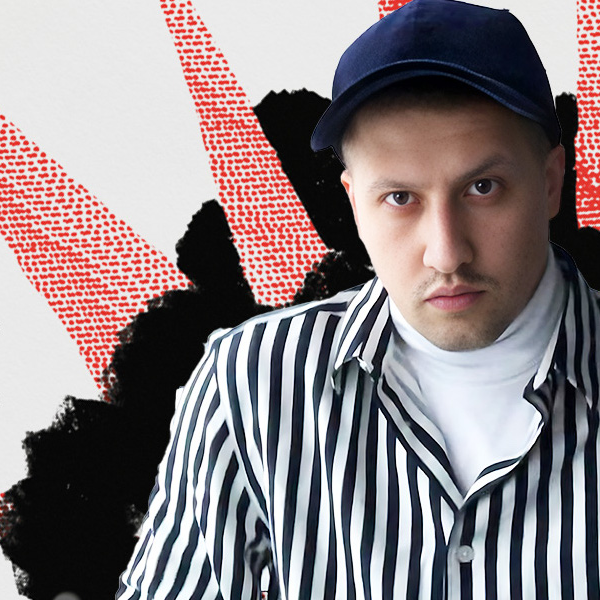
"We have never been taught our history. It has always been told to us through the prism of Russian c
In a conversation with Maksym Eristavi, we discussed the perception of Russian colonialism by Western audiences, the influence of Russian propaganda in Europe, the importance of the Ukrainian voice abroad, the author's Ukrainian and Roma identity, and why our voice continues to be one of the main ones among others.
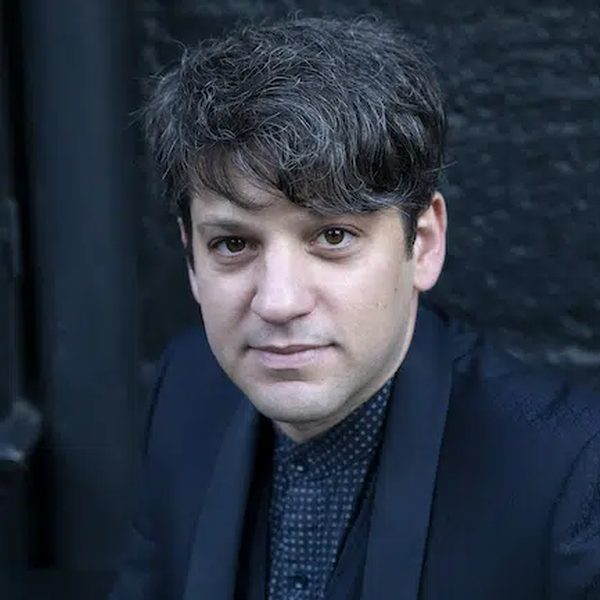
To be the Voice of Romanis
As a French writer, Pierre Chopinaud works with the topic of Roma in Europe, telling the stories of these people.
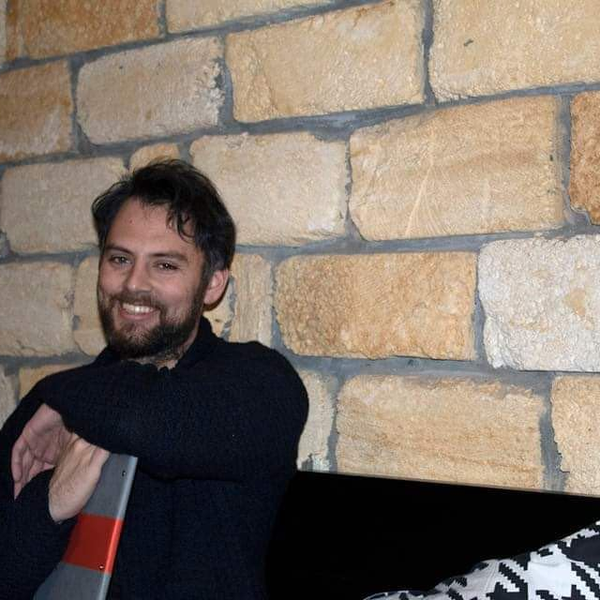
«Ukrainian Romanis cannot exist without Ukraine, and Ukraine cannot exist without its Romanis»
Recently, as part of the largest expansion of its translator, Google added 110 new languages, including Romani. How did the Roma react to this news? Will this help in the consolidation and solidarity of Roma communities, given that Roma do not have their own state? What is the current state of the Roma language in Ukraine and in the world? Svitlana Myalyk asked a Ukrainian ethnographer of Roma origin, a specialist in Roma culture, history and language, and a public activist, Janusz Panchenko.
Also in this section:
- AURA: платформа для самоорганізації і захисту прав ромської спільноти за кордоном
- Ромські активісти – про новорічні та різдвяні традиції
- Репортажистка Єва Райська: «Через звичайні людські історії я хотіла показати глибші процеси».
- Новий центр підтримки ромів у Сумах: хто отримає шанс на освіту
- Письменниця Тімея Шрек: «Життя так склалося, що повертаюся до коренів».
- Танцівниця Вікторія Чорна: «Саме ромський танок допомагає людям просто вижити»
- Громадські активісти і дослідники — про ромську мову, перспективи розвитку та загрози
- Лінгвіст Михайло Ослон: «За свої мови носіям зазвичай доводиться боротися самотужки».
- Музикант Віллі Пап-молодший: «Американський джаз або ромський джаз...»
- Художник Тиберій Йонаш: «У моїх планах відкрити величезний центр у ромській громаді»